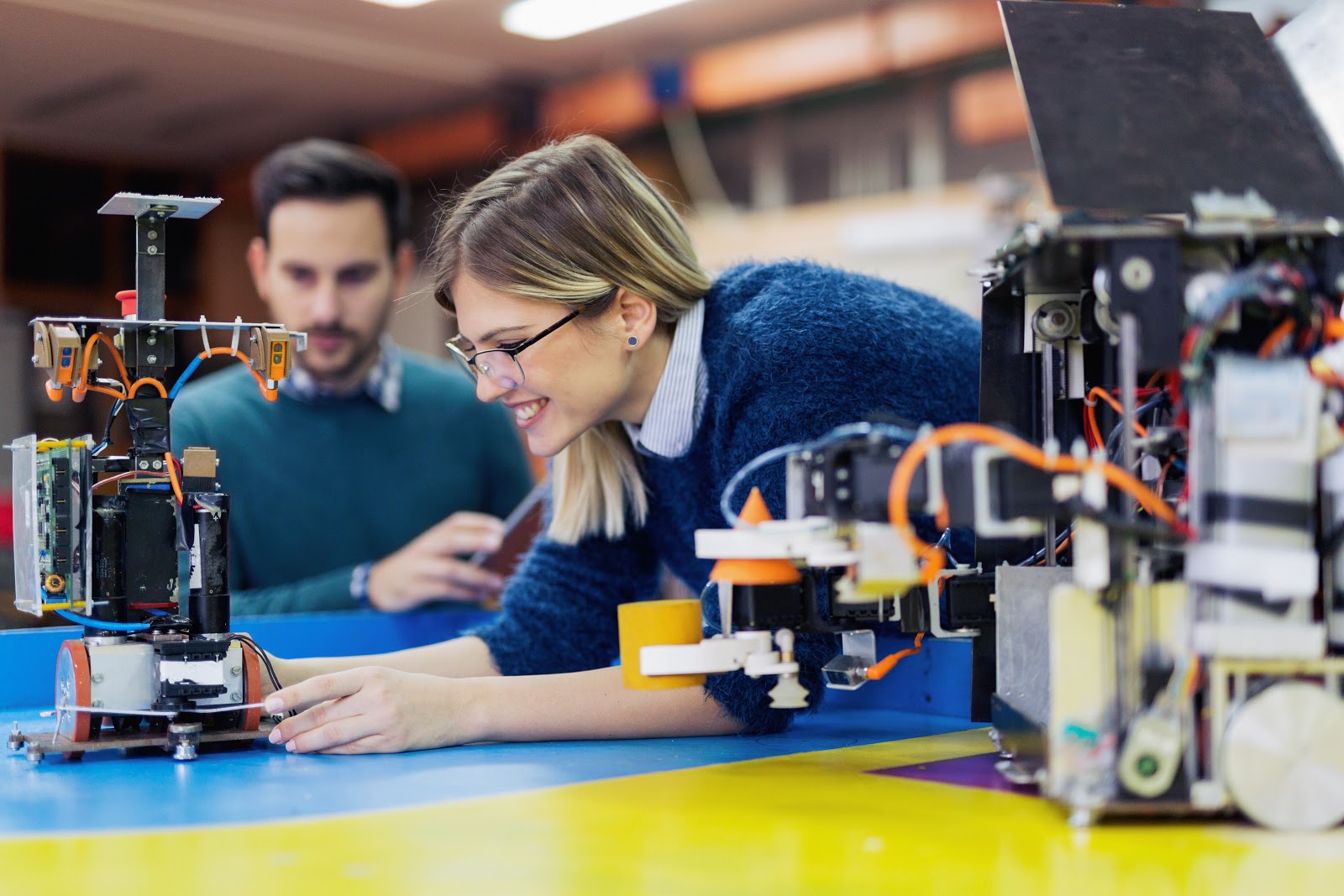
Electro-mechanical and mechatronics technologists and technicians
Also called: Automation Technician, Automation Test Specialist, Calibration Technician, Certified Control Systems Technician, Commercial Drone Pilot

Also called: Automation Technician, Automation Test Specialist, Calibration Technician, Certified Control Systems Technician, Commercial Drone Pilot

Electro-mechanical and mechatronics technologists and technicians operate, test, maintain or adjust unmanned, automated, servomechanical, or electromechanical equipment. May operate unmanned submarines, aircraft, or other equipment to observe or record visual information at sites such as oil rigs, crop fields, buildings, or for similar infrastructure, deep ocean exploration, or hazardous waste removal. May assist engineers in testing and designing robotics equipment.





You might use software like this on the job:
Electro-mechanical and mechatronics technologists and technicians are also called: